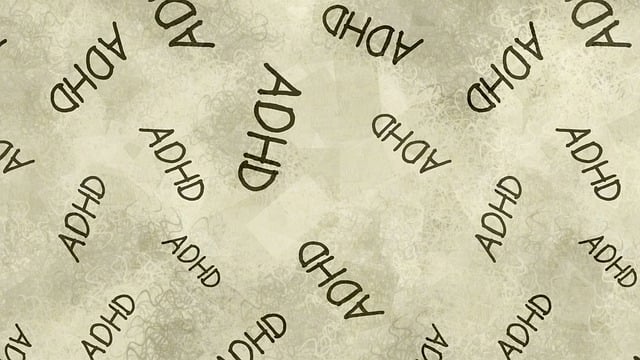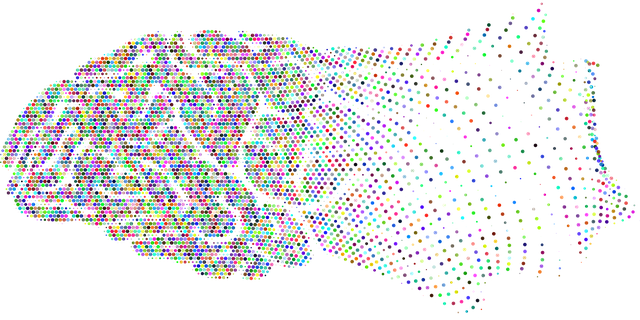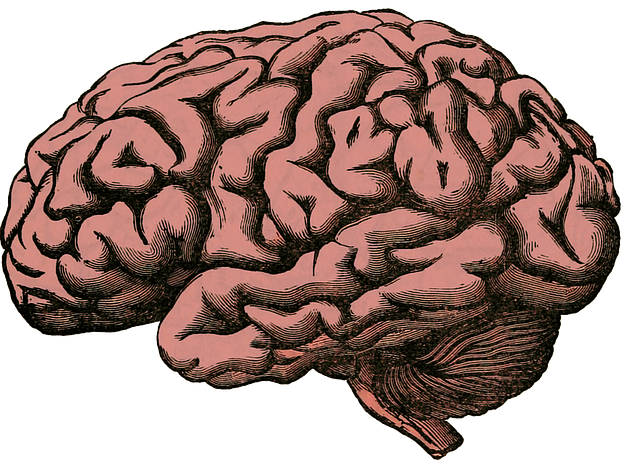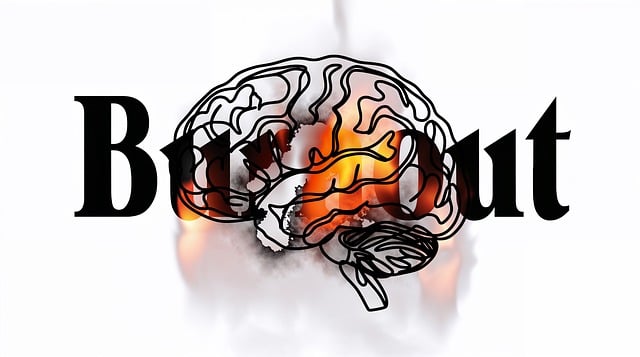Trauma significantly impacts adults with gender identity concerns, leading to isolation, discrimination, and internalized stigma. Effective therapy focuses on addressing trauma barriers in a safe environment using strategies like CBT and EMDR. By combining confidence-boosting techniques, self-care practices, and mental wellness journaling, therapists promote healing, resilience, and improved mental wellness. Specialized therapy for adults with gender identity issues, integrating evidence-based approaches and coaching, is gaining recognition as a crucial part of holistic mental health care.
Trauma support services are vital in addressing the unique challenges faced by adults with gender identity concerns. This article explores the profound impact of trauma on this population and highlights the crucial role therapy plays in their recovery. We delve into specialized services tailored to gender identity-related trauma, emphasizing a comprehensive approach that integrates psychological care with targeted interventions. Understanding these issues is essential for professionals and allies seeking effective strategies to support individuals navigating both gender identity struggles and traumatic experiences.
- Understanding Trauma and its Impact on Adults with Gender Identity Concerns
- The Role of Therapy in Supporting Adult Individuals through Trauma Recovery
- Specialized Services for Gender Identity-related Trauma: A Comprehensive Approach
Understanding Trauma and its Impact on Adults with Gender Identity Concerns

Trauma can significantly impact adults with gender identity concerns, often exacerbating existing challenges and complicating their journey to self-acceptance. Understanding trauma is crucial in providing effective support for this unique population. Many individuals face complex issues such as social isolation, discrimination, and internalized stigma, which can all contribute to a traumatic experience. These factors may create a sense of dissociation from one’s body, leading to difficulties in forming a stable sense of self.
Therapy for adults with gender identity concerns should address these unique trauma-related barriers. A safe and supportive environment is essential, encouraging individuals to explore their experiences without judgment. Confidence-boosting strategies and self-care practices can empower clients to navigate their journeys effectively. Mental wellness journaling exercises guidance can help individuals process traumatic events and promote emotional healing. By integrating these therapeutic approaches, support services can foster resilience and enhance the overall mental wellness of adults with gender identity concerns.
The Role of Therapy in Supporting Adult Individuals through Trauma Recovery

Therapy plays a pivotal role in aiding adult individuals navigate and overcome trauma, fostering their recovery journey. Through structured sessions, therapists provide a safe space for clients to explore and process traumatic memories, emotions, and behaviors. This therapeutic environment encourages self-reflection, allowing individuals to understand their responses to trauma and develop coping mechanisms. Evidence-based approaches such as cognitive behavioral therapy (CBT) and eye movement desensitization and reprocessing (EMDR) are particularly effective in helping adults work through complex emotional responses associated with traumatic events.
For adult individuals exploring their gender identity, therapy becomes a crucial tool for integrating trauma healing into their unique journeys. Therapists skilled in gender-affirming practices offer guidance tailored to these specific needs, addressing any internal conflicts or external challenges related to gender expression and identity formation. Incorporating journaling exercises and mindfulness practices within therapy sessions can further enhance the client’s mental wellness, providing them with tools to self-regulate and process their experiences. Additionally, crisis intervention strategies taught in therapy equip individuals with immediate coping skills during moments of heightened distress, contributing to overall resilience. Public awareness campaigns that highlight the importance of therapy for trauma recovery among adults can reduce stigma and encourage more people to seek support.
Specialized Services for Gender Identity-related Trauma: A Comprehensive Approach

Specialized services tailored to address trauma related to gender identity are gaining recognition as a vital component in comprehensive mental health care. Many individuals experience profound distress and unique challenges when navigating their gender identity, often leading to complex trauma that requires specialized support. Therapy for adults with gender identity concerns offers a safe space for exploration and healing. This approach acknowledges the intricate interplay between one’s sense of self, societal expectations, and past experiences, providing much-needed guidance and support.
Mental wellness journaling exercises, along with evidence-based therapy techniques, can help individuals process their emotions, challenge negative thought patterns, and cultivate coping mechanisms. Anxiety relief strategies, tailored to address gender identity-related fears and concerns, are an integral part of these programs. Moreover, mental wellness coaching plays a crucial role in empowering individuals to take charge of their healing journey. Development of personalized coaching programs equips them with the tools to navigate life transitions, build resilience, and foster overall mental wellness.
Trauma support services are vital for adults with gender identity concerns, as they navigate complex emotional landscapes. By understanding the profound impact of trauma and leveraging specialized therapy approaches, we can foster meaningful recovery. The comprehensive integration of gender identity-specific therapeutic interventions ensures individuals receive tailored care, promoting resilience and improved well-being among this unique population. Through these services, adults experiencing gender identity-related trauma can find healing and reclaim their lives.














